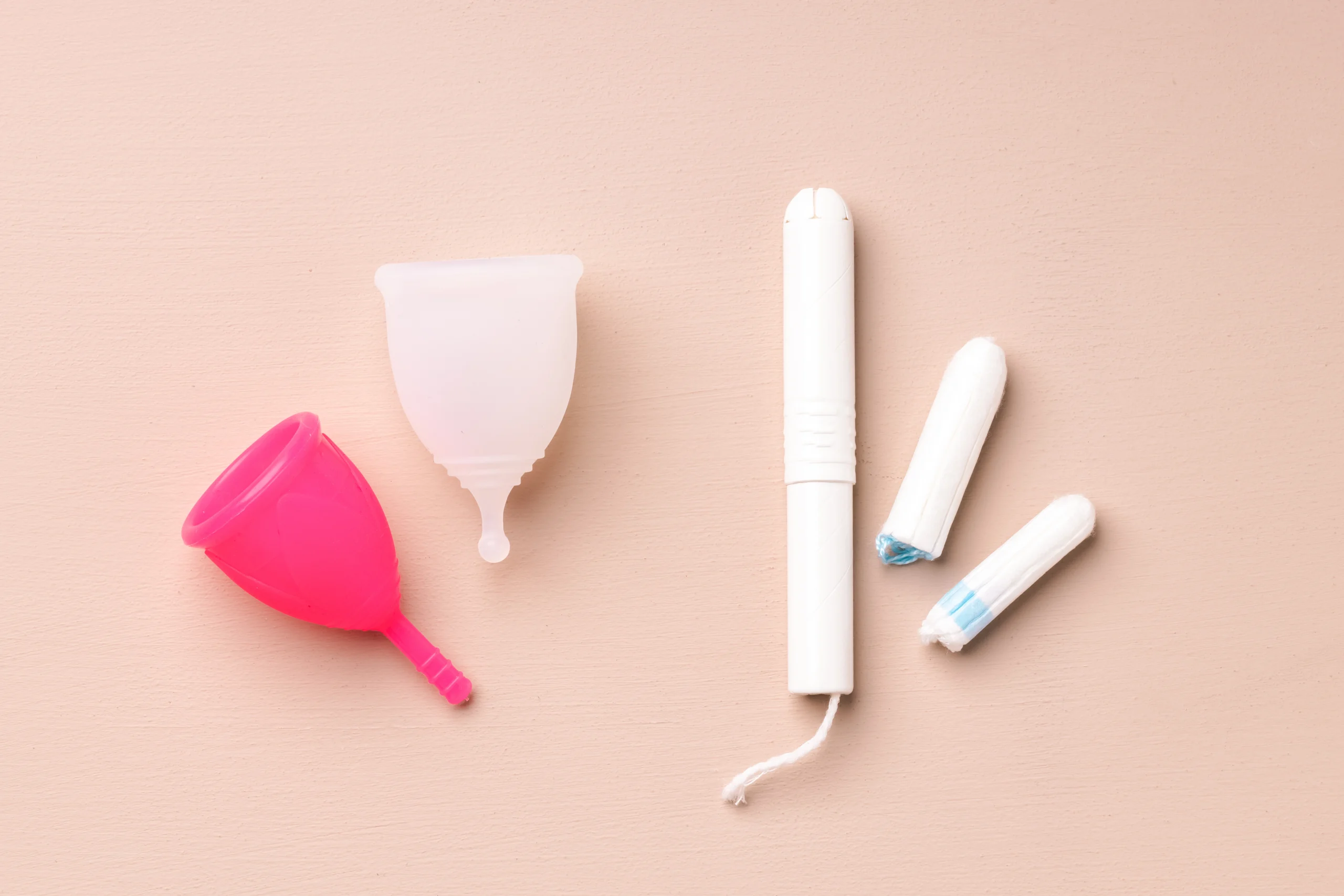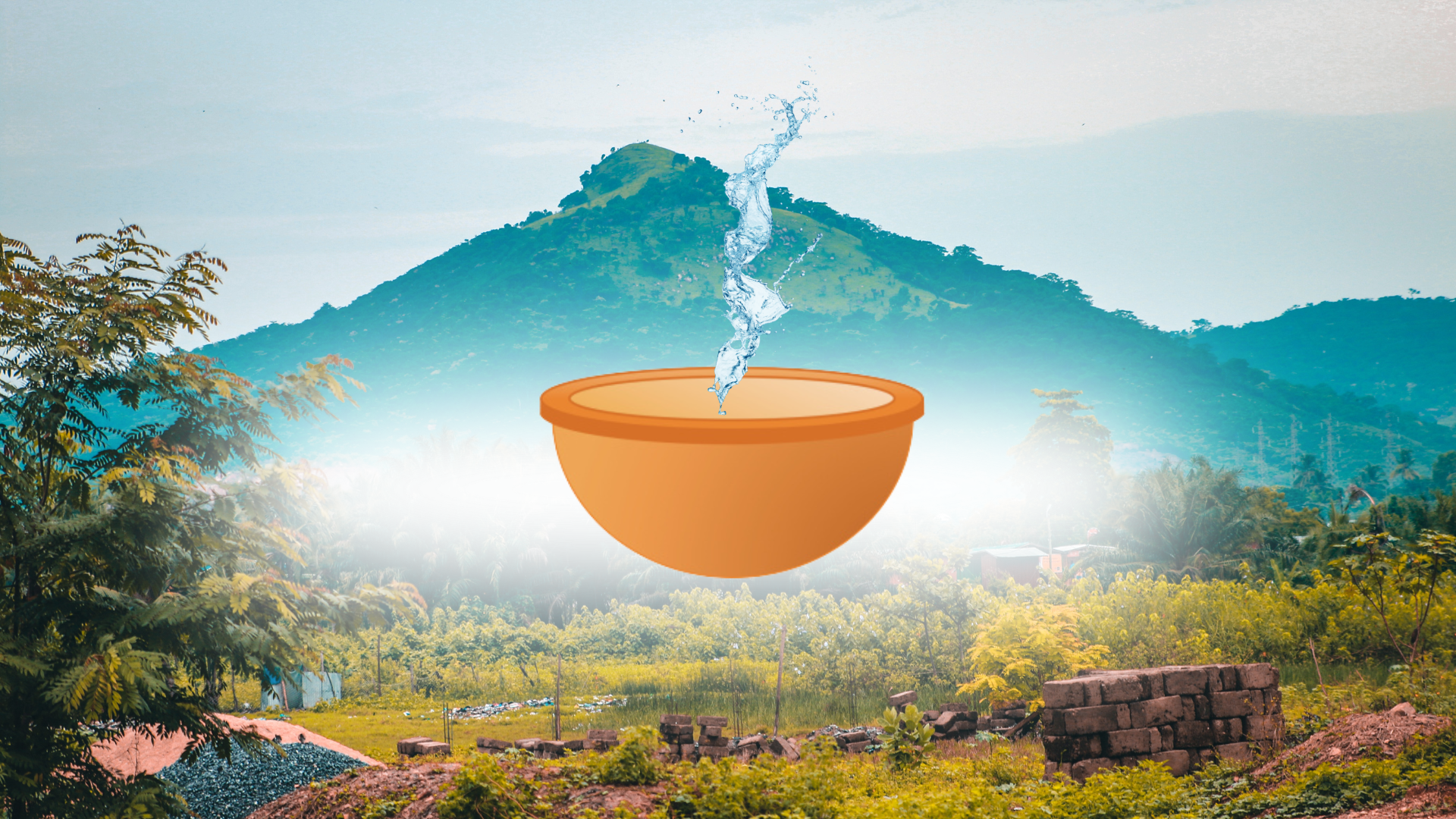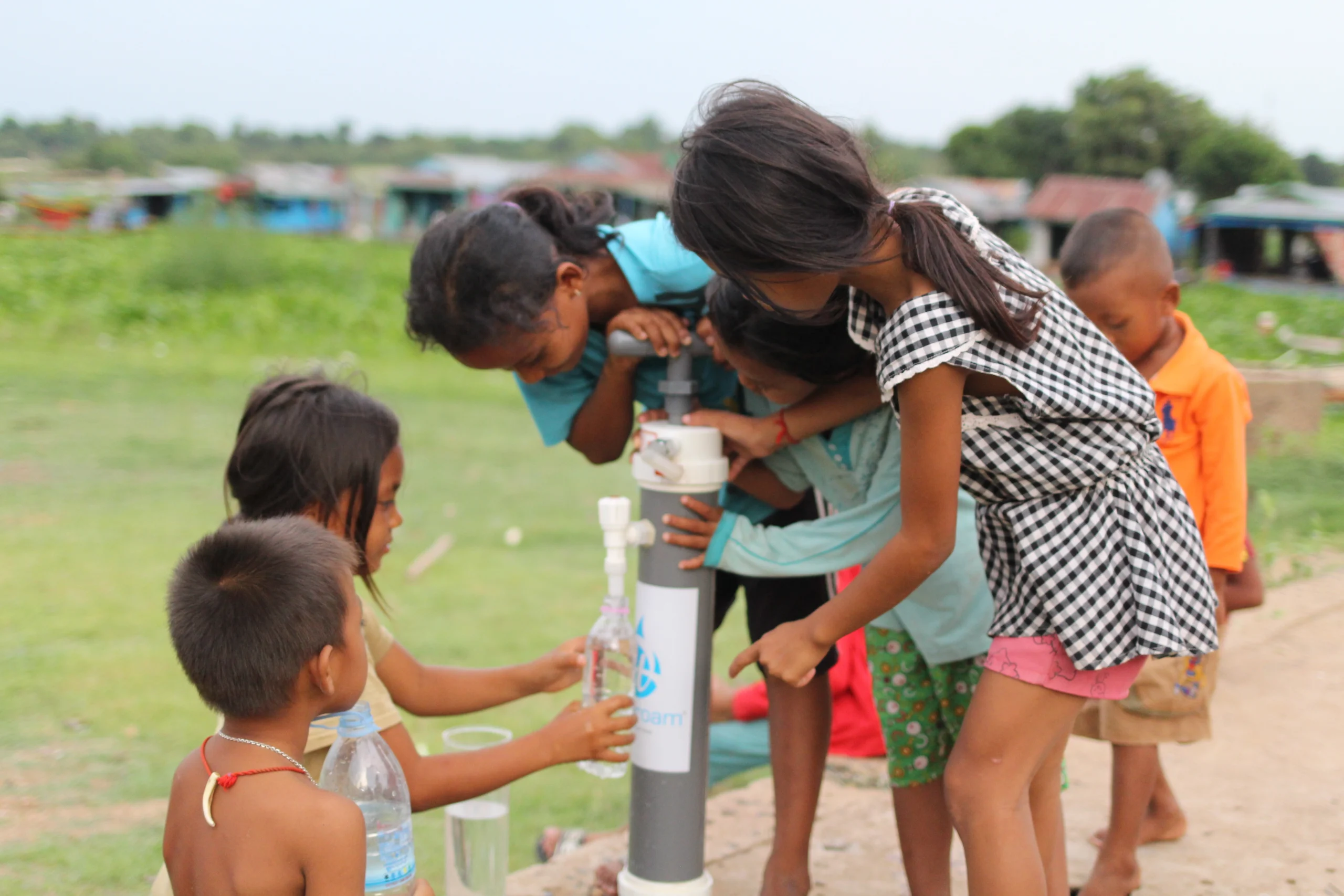Selecting A Portable Water Purifier: Backcountry vs. International Travel
By Paul Kortman
When you’re traveling, whether hiking in the backcountry or exploring other countries, it’s crucial to have access to a clean, safe water supply. Drinking unclean water can result in a host of health problems, including diarrhea and intestinal parasites, which can then lead to dehydration and even death.
Unfortunately, it can be extremely difficult to determine if a water source is truly safe. Simply looking at water isn’t enough, as even the clearest water can be teeming with unseen bacteria. Additionally, local residents of other countries will be immune to certain bacterias and thus won’t become sick when drinking from certain water sources, meaning you can’t rely on them to direct you to a clean source. This is the hidden danger of traveling abroad.
What you need is a water filter. A water filter removes harmful contaminants from almost any water source, allowing you to drink confidently.
In this article we’re going to guide you through:
- What is a water filter?
- How does a filter work?
- What water filters work best for backcountry hiking?
- What water filters work best for international travel?
What is a Water Filter?

There is a difference between a water filter and a water purifier. The difference between them is tied to the size of the microorganism each filters out. A water filter strains out protozoan cysts and bacteria that are of primary concern in the United States and Canada. However, a water filter will NOT filter out viruses.
A water purifier removes viruses, which usually are too small for most filters to effectively catch. They typically use specific chemicals, such as iodine, or ultraviolet light.
However, there are some filters, such as our Village Bucket Filters, which actually block particles at the .1 micron level, which is sufficient to purify water due to the fact that viruses by nature clump and attach to sediment. This is a key distinction and is crucial due to the fact that water purifiers typically are too small to clean water in large quantities.
So what does this mean? Most standard water filters such as those used in backcountry hiking or those used to remove fluoride are not sufficient for international use. Why? Because they simply don’t filter out viruses. If you use only a filter you could be afflicted by a virus.
However, there are a few select ones such as the Village Bucket filter which can be trusted to remove both harmful bacteria and viruses. If you’re planning on traveling abroad, consider using a water purifier or a powerful water filter, such as the Village Bucket filter, which can act as both a filter and a purifier.
How Does A Water Filter Work?

A water filter uses an element or cartridge to capture tiny bacteria, debris, and protozoa. As with any filter, repeated use causes the filter to clog and it must be thoroughly cleaned or replaced. Water purifiers typically rely on either ultraviolet light or chemicals to remove viruses.
A prefilter can be used to first remove sediment and debris from the water, thus making it easier to filter and purify. This is especially useful if you need to filter a significant quantity of water that is full of dirt, leaves, or any other type of sediment.
What Water Filters Work Best For Backcountry Hiking?
When it comes to backcountry hiking you should always bring a water filter or treatment method on hand. Many backpackers and hikers pack in large, heavy, water reservoirs to ensure they have clean water on the trail. But this can get heavy and leaves you vulnerable if you run out or encounter any emergency. When it comes to selecting a filter, you have a number of options.
Pump Filter
A pump filter allows you to put a hose into a water source, a bottle onto the outlet hose, and then pump exactly how much water you need. It has the advantage of being precise, working easily in shallow water, and coming with a replaceable cartridge. Pump filters because they are manually powered also are often able to exceed the flow rate of other filters that rely on gravity or forward osmosis. This makes them ideal for mid-sized groups like families or a camping group since a large volume of water can be cleaned relatively quickly.
However, pumping a large quantity of water requires a significant expenditure of energy and requires constant cleaning of the filter to remove debris. This makes them less suited for people who are disabled or elderly.

Gravity Filter

As you would imagine, a gravity filter harnesses the power of gravity to force water from a hanging reservoir down through a filter. It’s simple to use, can process large quantities of water, and uses a replaceable cartridge. On the flip side, it can be difficult to find a location to hang a water reservoir and difficult to fill the reservoir from shallow water sources. However, some lightweight gravity-fed options do exist, such as the Delta Emergency Water Filter.
Bottle Filter
A bottle filter is a water bottle that has a built-in filter. Some of them rely on suction to draw the water through the filter while others work in a similar fashion to a coffee French Press. Suction pulls water up through the filter membrane, while the filter element suspends particles and contaminants that pose a risk to one’s health. Water bottle filters that use pressure typically have the user push the filter element down, through the dirty water, forcing water to pass through the membrane.
These types of filters are extremely simple and portable, and also provide a place to hold and collect the clean water once it is filtered. However, you are significantly limited in how much water you can process.

Boiling Water
Boiling water is a simple way to easily remove all pathogens from water, including both viruses and bacteria. However, there are some obvious, significant disadvantages. You must carry the boiling container wherever you go, you must have a sufficient heat source, and you are limited in the amount of water you can purify, both by time and size. Additionally, boiling water doesn’t remove sediment in the water. Clearly, boiling water is not ideal if you’re doing a significant amount of hiking.
Straw Filter
A straw filter allows you to drink directly from a water source. The water is pulled from the source, up through the straw, through the filter, and then into the mouth. It’s an incredibly portable, simple solution. However, you must be present at a water source and either willing to pass the straw around or ensure each person has their own straw.
What Water Filters Work Best For International Travel?
When discussing water filters and international use, some careful distinction is required. It’s imperative that you choose a filter than can remove both bacteria and viruses. This means you either need to use a filter/purifier, chemicals, or a .1 micron water filter that can filter out the viruses that have attached to sediment.
Many purifiers use UV light to remove harmful viruses from water. The downside to these purifiers is that they often don’t filter the water, meaning it then has to either be clear water with little to no dirt or sediment particles present. Additionally, UV purifiers are usually small and require batteries, limiting the amount of water that can be purified at one time. Iodine- based chemicals can also be used to purify water but they typically leave a strong aftertaste and require treating the water two times, once for the elimination of contaminants and once for taste and odor. Chlorine-based water purification tablets are a good alternative as they are a one-and-done solution and don’t leave a strong aftertaste.
So is there a way to filter and purify significant quantities of water at once? There is. Bucket filters like our Village Water Filter allow you to purify and filter a large quantity of water at once without resorting to UV light or harsh chemicals. Because it filters at the .1 micron level, it sufficiently removes both harmful bacteria and viruses. By filtering at the .1 micron level, it removes the clumped viruses and viruses that have attached to sediment, thus making it safe to drink. The Village Bucket Pre-Filter can be used to remove sediment and debris prior to filtering, allowing for a smoother flow of water.
When traveling internationally, a water purification option like chlorine tablets from Aquatabs might be a great option to consider as well. They take up virtually no room in your bag, and can eliminate bacteria, viruses, and protozoa all while having no negative effect on taste and odor. As long as you have access to a running source of water that isn’t heavily contaminated with dirt, these are a perfect backup.
A filter Fit for you
When choosing a water filter, it’s crucial to evaluate the circumstances in which it will be used. Will you only be filtering bacteria out of the water? If so, a standard water filter, such as a gravity filter, straw filter, or bottle filter is sufficient. Size and speed of filtering will be an important criteria to consider when selecting your filter. Whether you are traveling internationally, or taking a trip to the backcountry to camp and hike, you will need a water purifier or a water filter robust enough to filter at a fine enough level to block viruses.
Lastly, always do your own research. Make sure water filters actually match up to what companies are claiming and try to find third party sources to corroborate their contaminant removal rates. Your health is important, and ensuring you have clean and safe drinking water when you travel, is an important part of maintaining good health.
On this page
Have a story to share in the world of water, sanitation, and hygiene? Connect with our media team today!
Share Your Story
Click here to browse water filters




